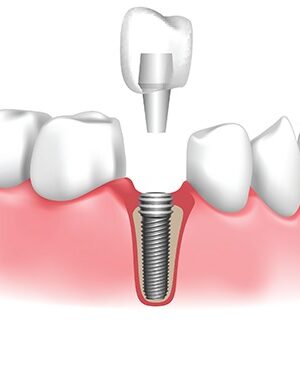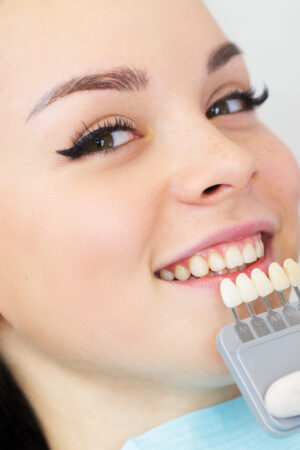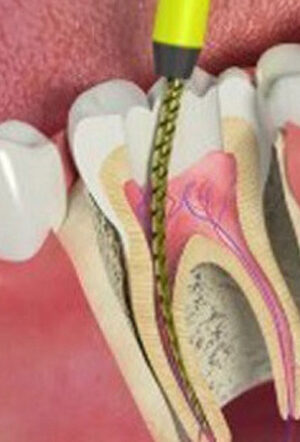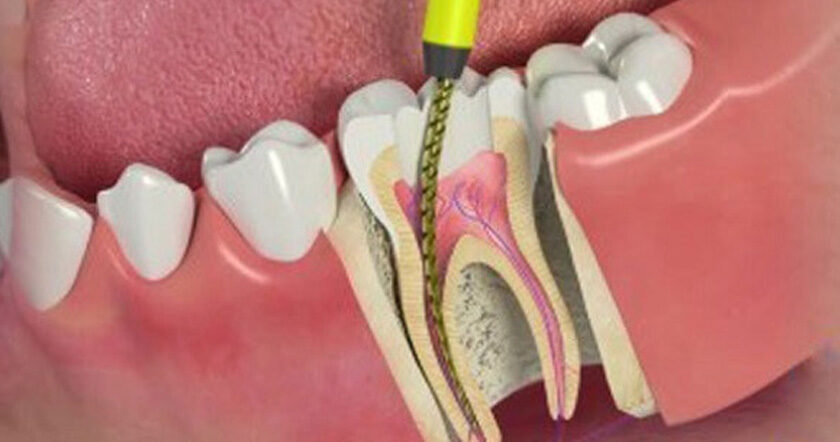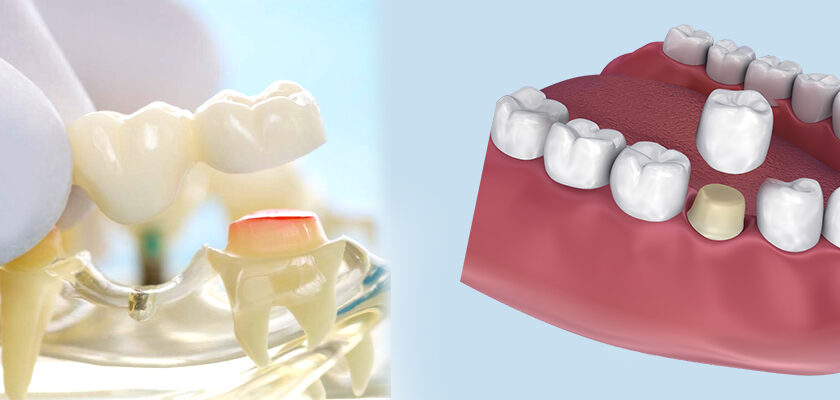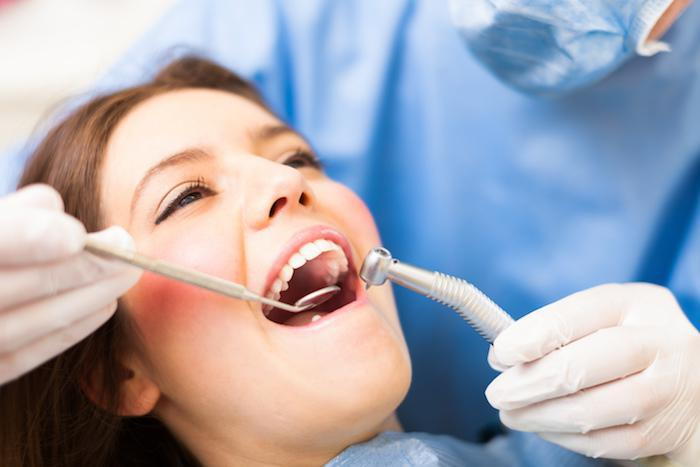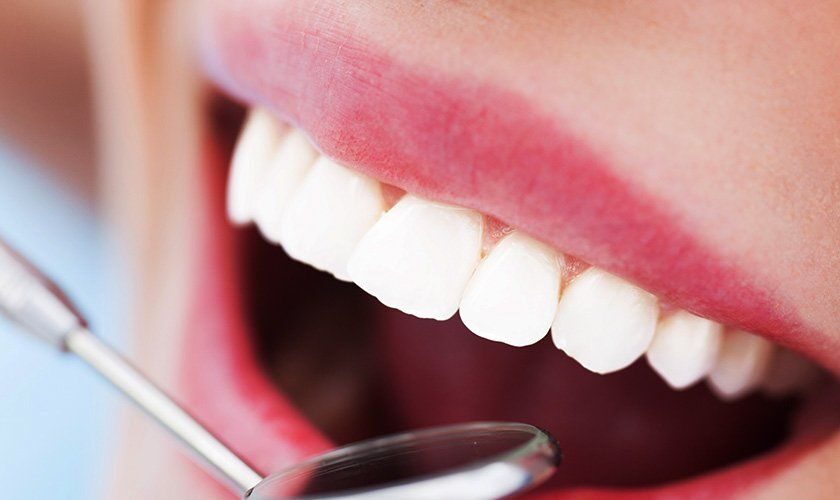A missing tooth can make you feel under confident during social gatherings. That is when you need a dental implant which is placed surgically within your jawbone. During the procedure, a dentist uses a screw-like device to successfully place these implants. Further, an artificial tooth called a crown is placed over it. If you are recommended dental implants as a cosmetic dentistry in Richmond, IN treatment, you must be wondering for how long these implants will last. Keep on reading if you have similar thoughts. This article highlights everything about the total time for how dental implants will last. Let’s dive in!
Dental Implants: A Quick Introduction
In simple terms, these are artificial structures which replace broken or missing teeth. These are usually recommended to people who have a missing tooth. These implants are screwed within your jawbone and act like an anchor for the crown sealed over it. The dental crown is custom-made to match the natural teeth color and the person’s overall mouth structure. Since implants are more comfortable and look good, they are highly recommended.
Do Dental Implants Last Forever?
Yes, mostly dental implants last for a lifetime. This is because they are directly attached to your jawbone, creating a strong bond between your teeth and surrounding bones. However, the crown fixed over the dental implants may require a replacement within 15 to 20 years due to continuous wear and tear. Although dental implants last forever, there are certain cases that may lead to implant failure. These include:
1. Improper care and maintenance
After getting dental implants, it’s time to follow a proper dental care routine to maintain your implants and natural teeth. Plaque accumulation and germ buildup result in gum diseases, which damage your jawbone and gums. A comprehensive dental care routine helps to get rid of all plaque buildup.
2. Insufficient bone
Endosteal implants must be securely fixed in your mandible. Insufficient jawbone may prevent an implant from anchoring adequately in place, leading to procedure failure. Before implants are placed, the jawbone is completely assessed. This can involve using 3D modeling and X-rays to assess the integrity of the bone at the possible implant location.
Wrapping Up
Dental implants are the most commonly performed treatment to get perfectly aligned and natural-looking teeth. These implants can easily last several decades. Follow a strict dental routine and take regular dentist follow-ups.
